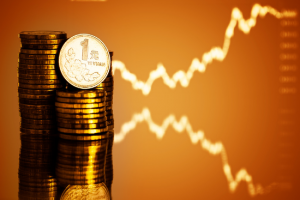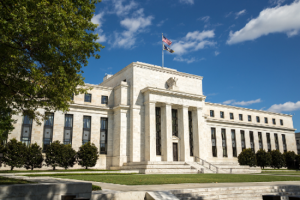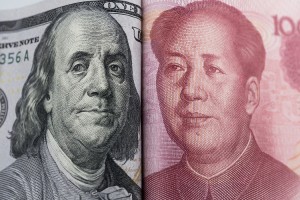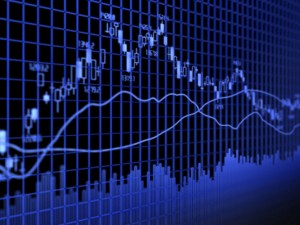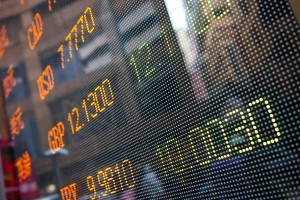Ricardo Rivera
Ricardo studied law at Universidad Francisco Marroquín. He is a teaching assistant at UFM’s Henry Hazlitt Center for introductory economics courses and a class on the philosophy of Hayek.
He is also a teaching assistant at UFM’s School of Economic Sciences for courses on future scenarios, ethics, and debate. At Universidad de San Carlos (USAC) he is a teaching assistant for the law and economics class in the master’s program in intellectual property. He is partner and general manager of the corporate law firm ALISA.
The rise of China’s stock market in early April signaled that the world’s second largest economy is not in the terrible conditions that many believed. The recovery of exports in March—which broke the streak of nine months without any growth—seems to have convinced many that China is not going through a hard landing.
Click here to continue readingThe yuan’s devaluation against the dollar, the stock markets tumultuous start of the year, and unexpected reactions to new regulations from central authorities: this stumbling of the world’s second largest economy has not sat well with Xi Jinping, who already expressed dissatisfaction with how China’s Securities Regulatory Commission handled last year’s crisis. The stock market’s dismal start in 2016, along with the debut and suspending of the “circuit breaker” system, cost Xiao Gang his job—the very same man who designed it and who, until last week, was the Director of China’s Securities Regulatory Commission.
Click here to continue readingThe Federal Reserve raised interest rates by one quarter of a percentage point last week, the greatest increase in almost a decade. The increase did not take the markets by surprise, as it was already expected to happen following the small crisis in the Chinese stock market. There is fear and anxiety about how increased interest rates could impact the world’s second largest economy.
Click here to continue readingOn September 25, President Obama and President Xi gave a joint press conference in front of the White House. Obama was the first to speak. After welcoming Xi Jinping and referring to how much both have worked to increase cooperation between the United States and China, he said, “Since I took office, American exports to China have nearly doubled and now support nearly one million American jobs.” Clearly, Obama was pointing out what he considered to be one of the achievements of his administration, but a look at the numbers tells a different story.
Click here to continue readingInterest rate policy in China is decided by the Monetary Policy Committee of The People’s Bank of China (PBOC). The committee recently cut its benchmark interest rate by 0.25% and lowered the benchmark deposit rate from 3.5% to 3.25%.
Click here to continue readingThe Chinese stock market’s turbulent journey continues and it’s unlikely to end any time soon. To understand the problem faced by the Chinese government, it’s important to highlight a few points that provide a different perspective.
Click here to continue readingIn the West we have the notion that gambling and the concept of fortune are ingrained in Chinese culture. This is probably because gambling carries implicit notions of individualism, such as property and risk. Individualism that is a quality of the human condition but has never before been experienced by this Asian country with the same vitality as is common in the West.
Click here to continue readingGet our free exclusive report on our unique methodology to predict recessions


